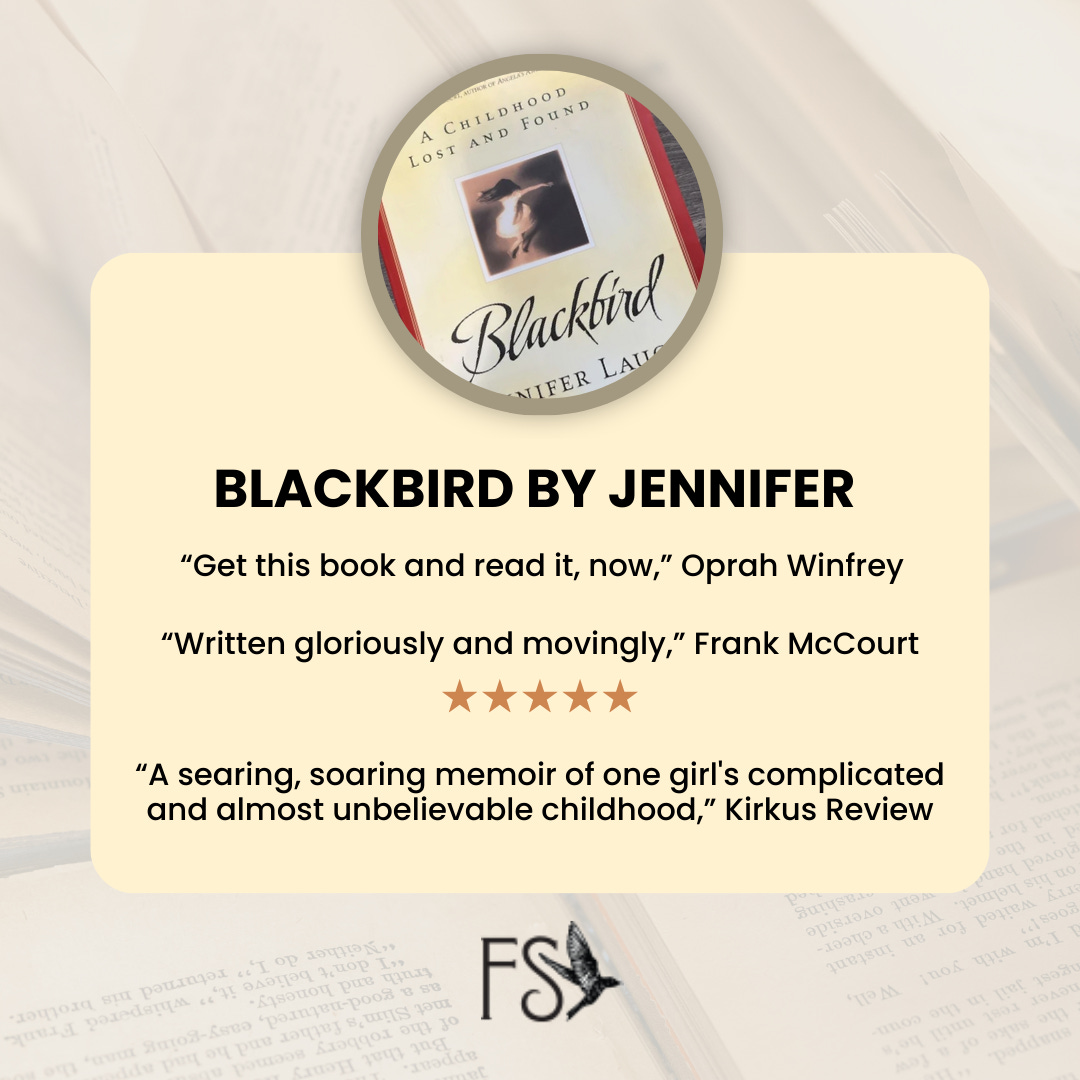Welcome back:
…every author attests to the two states of writing—inspiration and waiting for inspiration.
These words from the chapter titled A Novel of Your Own (I) of 13 Ways of Looking at the Novel by Jane Smiley become the overarching truth for our ten week “Get it Done" Challenge that launched July 1. Rather than waiting, we create inspiration through accountability.
What you have here is a collective of writers who have detailed their project, set word count goals and check in each day.
Working on what I hope is the final draft of a historic novel I’ve worked on (and off) for ten years, I’ve set the bar pretty high at 12,000 words a week, or 2000 words a day. Others come in a few hundred.
The above video highlights the work of a some of the writers (we have a dozen here) and at the end are some thoughts about the evolving process of creation.
On drafting your novel:
Continuing with Jane Smiley and her terrific book, she writes a couple more things worthy of sharing.
One is that to do this kind of writing, it’s helpful to have a clear understanding of what she calls the “novel writing pyramid of skill”:
It might seem daunting to imagine you need to learn all this as part of your creative writing, but the point is more that when you hit the wall (or ceiling), it could be because you need to do a bit of study on a particular area of the pyramid.
Hint, hint, come take Bones of Storytelling where we cover all of Smiley’s categories and more! (Here’s a free first class so you don’t feel I’m trying to lure you. I’m not. The class simply rocks.)
Snippets of advice from Smiley:
The trick is to make your material so fascinating that you cannot stay away from it, so intriguing that you ignore negative feelings and second thoughts, so rich with interest that the concepts of “good” or “bad” hardly occur to you.
I advise against rewriting, except for grammar and clarity until you have the whole arc of the novel complete.
Each day, you sit down to your work, re-read what you wrote the day before, correct the spelling and untangle thoughts you no longer understand…and get on with it.
A novel comes alive, even to its author, as it precipitates on the page. If you prevent it from going forward by polishing each bit, it’s much hard for it to take on its own being.
…write through to the end of the rough draft, in spite of time constraints, second thoughts, self-doubts, and judgements of all kinds…
***Note, if you are writing creative non-fiction, simply apply that term in place of novel.
If you need support, the challenge is going strong. Come on over.
🐦⬛ See you there, Jennifer

















Share this post